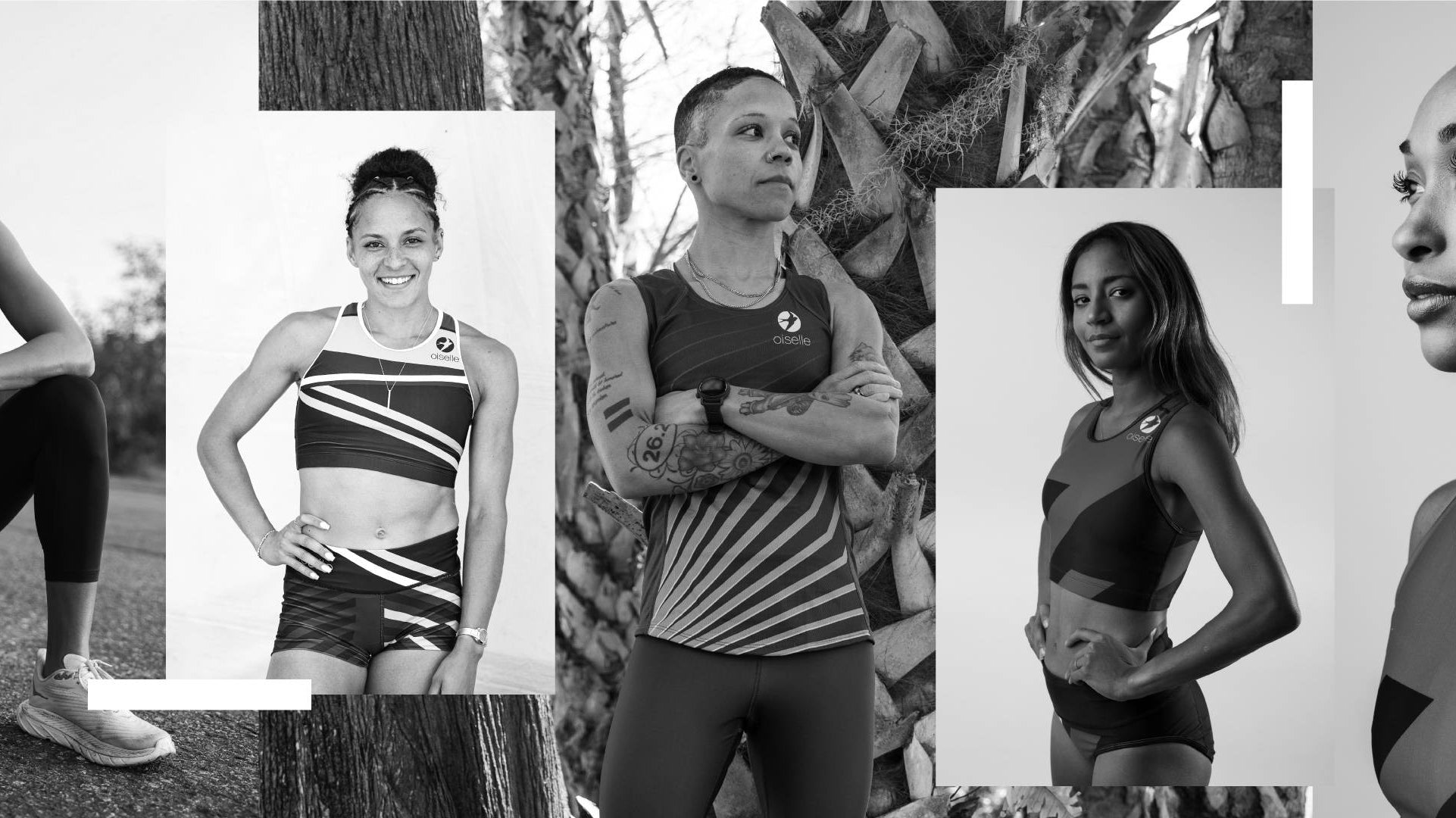How do you get mentally tougher? This fast bird not only has big goals, but she lets us take a look inside her mental process. #FasterasaMaster

By: Laurie Wisotsky, Masters, Age 45
My lofty goals are a big motivator to get me out the door. I want to...
- Beat the Masters American Record in the 800 meters for my age group (45-49 record is 2:13) on the outdoor track (I have 4 years to do it!)
- Make the local elite running team
- Compete in the outdoor track Masters World Championships
- Be one of the best Masters short distance runners out there

There are always a few challenges I’m consistently working on. One is being mentally tougher. Just when I think I've gotten there, I realize a workout or race I gutted out was just a stepping stone. Another challenge is letting go of a bad race or workout. In the past, I used to beat myself up for days. I had a really hard time putting a bad run behind me, but I have gotten much better. I have come to trust the process and let go. It isn’t always easy. Both are always a work in progress.
For me, getting mentally tougher has been a process. The trouble starts with the anticipation of the hard workout or race. I know it's going to hurt and that scares me. So, I start to overthink and get myself into a little bit of a tailspin. This leads to questioning my training, whether or not I should be doing all this running etc. It's awful! BUT I have come a long way. To help counteract my fears, I try to channel all my anxiety into the workout. Honestly, that helps a lot. Usually when I do that I end up having a great run. I also repeat mantras during the workout such as "I am strong, I am capable", or "This will pay off on race day" or "If you want to beat the AR, you have to be able to run this fast and faster." I have an inspiration board with my goals and mantras hanging next to my mirror in my bathroom, so I see it everyday. To help me better manage races, I take stock of those ball busting workouts that I nailed! I also rely on my coach. We stay in contact regularly through training and have a lengthy chat a few days before a race about race strategy. He's great about keeping things in perspective and realistic. Often times I feel like I could climb a mountain when I get off the phone with him, haha.

More importantly, I found an awesome sports psychologist who just happens to be a Oiselle teammate, Adrienne Langelier. She is amazing! She lives in Texas so we chat over the phone. I usually schedule a session with her several days before a race and a few days after. She has helped me tremendously!! She helps me keep things in perspective and has also given me tools to practice that have helped me to be more confident going into a race.
I have a few essential workouts but two that stand out are the progression run on the road and the 15x300 with short recovery on the track. My progression run is as follows: 2 miles easy warm up. 4.5 miles progressively starting at 7:10-15 and working down roughly 10sec/mile to finish at 6:40-45 pace; easy cool down to finish. Another great w/o that tests me both physically and mentally is the 2x2mile. 2 miles of easy warm up. 2 miles at a 6:45-6:50pace, 3 min walk/jog recovery, 2 miles at a 6:35-6:40, short easy cool down.
The 15x300's are run as follows: The first 10x300 are run in 57-58 secs with a 200 meter slow jog recovery. The last 5x300 are run 1-2 sec faster than the first 10 (55-56) with a 100 meter slow jog recovery. The last 5 are tough b/c the recovery is shorter and you're running faster on tired legs.

"That feeling of excitement you get when your coach gives you the okay to go for a run."
When both of these workouts are done successfully, I feel very strong and empowered. Both give me confidence going into my next race. I recover from these workouts and all hard effort workouts with the same regimen: a good recovery drink, ice bath, stretching and foam rolling and a yummy nutrient-dense meal. I also do weekly physical therapy and massage therapy.
I know it probably sounds cliché but when I think about all I want to accomplish, I know the only way it’s going to happen is by committing to the training and making it happen. My kids are a motivator as well. I want to set a good example for what it means to dream big and how working hard can lead to success.
- Laurie









